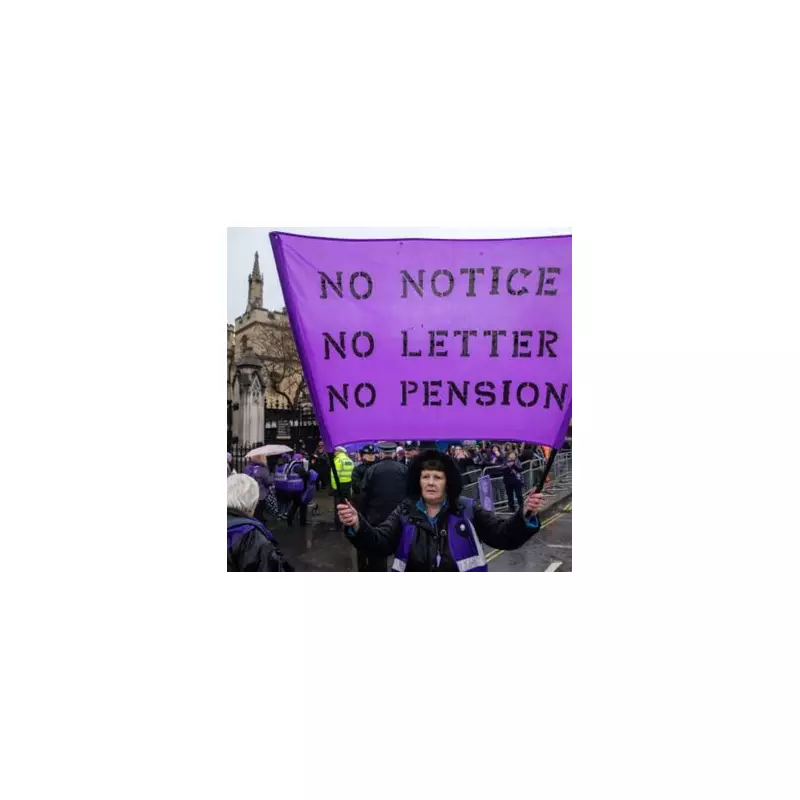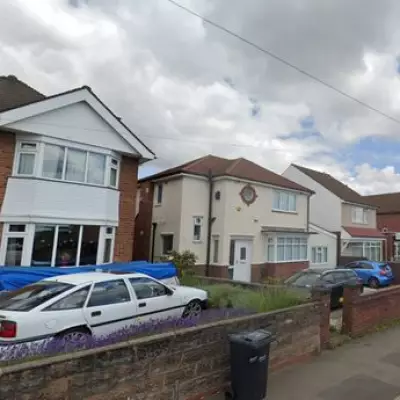
In a significant development that could affect millions of British women, the long-running battle for WASPI compensation has reached a critical juncture. The Women Against State Pension Inequality campaign, representing 3.8 million women born in the 1950s, has received what many are calling a major breakthrough in their fight for justice.
What's Changed in the WASPI Compensation Battle?
The Parliamentary and Health Service Ombudsman (PHSO) has completed its investigation into the Department for Work and Pensions' handling of state pension age changes, finding "maladministration" in how the government communicated these crucial changes to women. This finding has paved the way for potential compensation payments that could transform the retirement prospects of affected women.
The Human Cost Behind the Headlines
Many WASPI women report facing severe financial hardship after discovering with little notice that their state pension age had increased from 60 to 66. The lack of adequate warning left countless women with insufficient time to prepare for retirement, forcing many to:
- Delay retirement plans unexpectedly
- Continue working despite health issues
- Drain life savings to cover living costs
- Rely on family support or benefits
Compensation Figures Under Discussion
While the exact compensation amounts remain subject to parliamentary approval, the Ombudsman has recommended payments ranging from £1,000 to £2,950 per woman. However, campaigners argue that given the scale of financial loss and emotional distress suffered, these figures should represent just the starting point for discussions.
What Happens Next?
The focus now shifts to Parliament, where MPs must decide whether to accept the Ombudsman's recommendations. With cross-party support growing and increasing political pressure, many observers believe we could see movement on this issue sooner rather than later.
As one campaign representative noted, "This isn't just about money—it's about recognising the injustice faced by a generation of women who worked hard their entire lives, only to have their retirement plans shattered by poor communication from the government."
The coming weeks are likely to prove decisive in determining whether the 3.8 million affected women will finally receive the compensation they've been fighting for since the campaign began in 2015.





